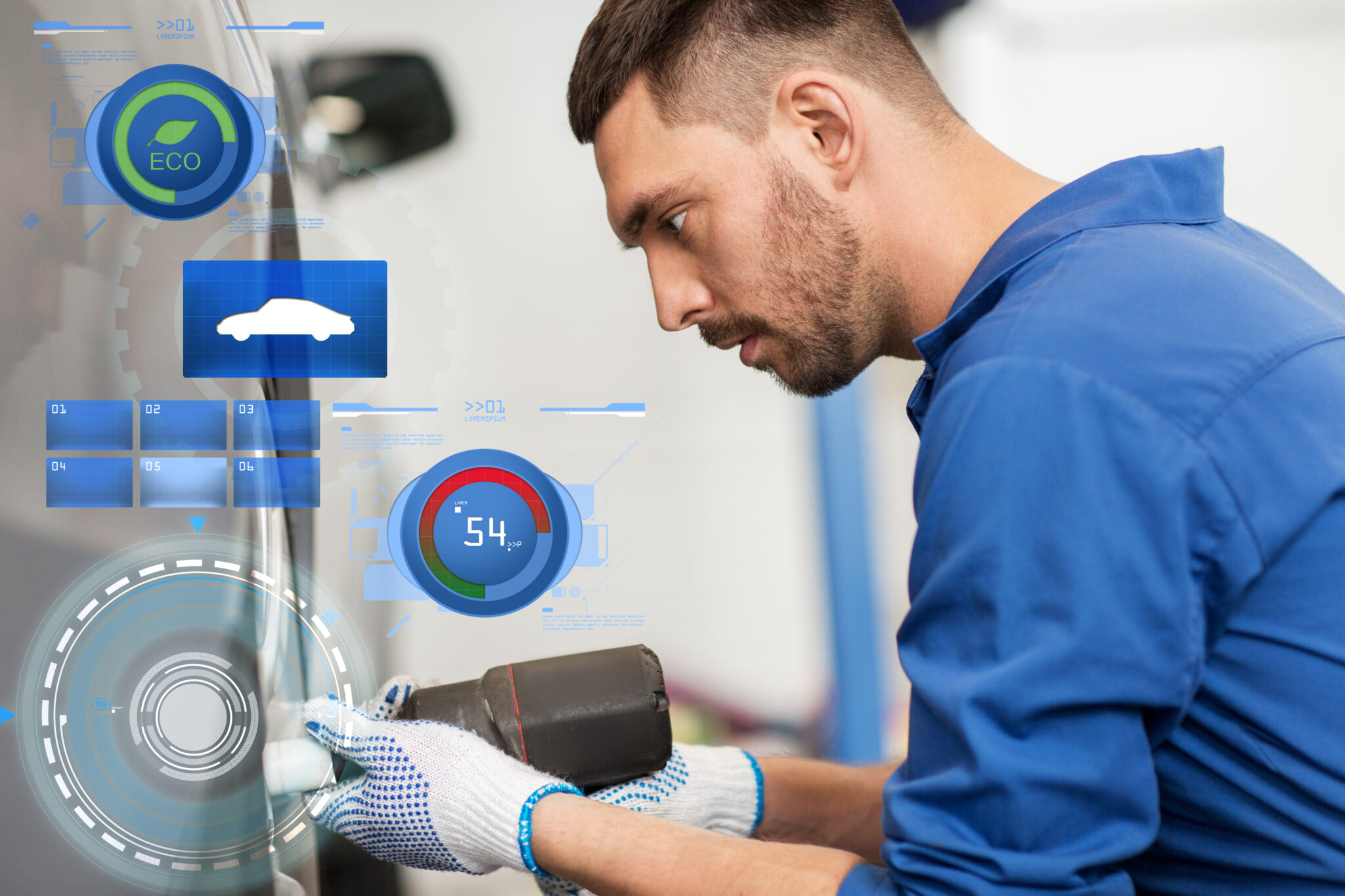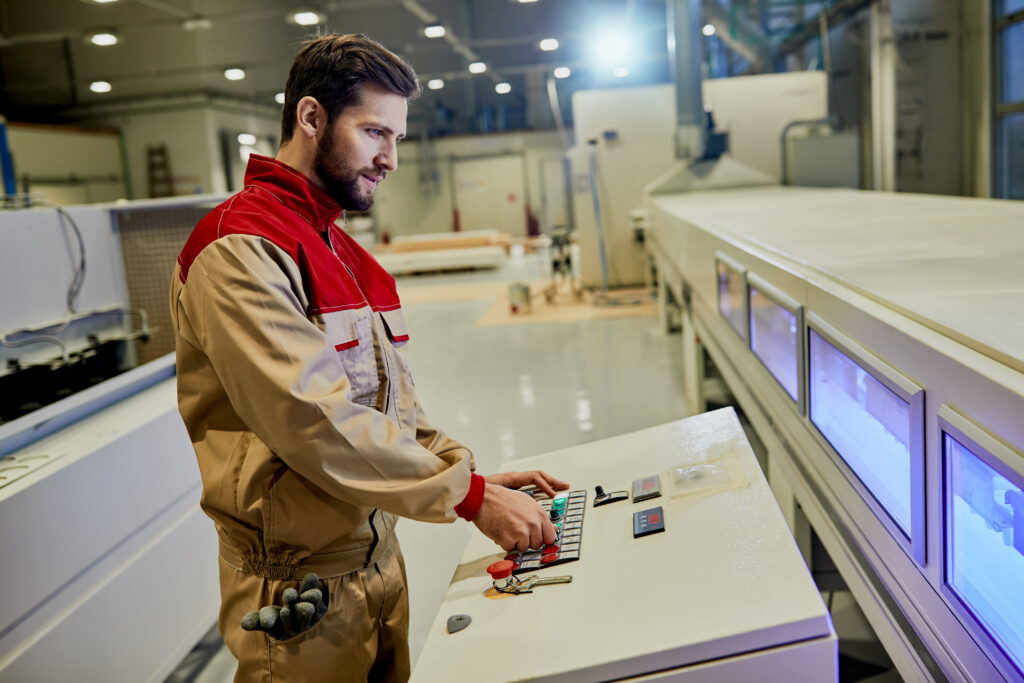The global push towards sustainability, energy efficiency, and smarter technology is bringing about a major transformation in the refrigeration sector. From environment-friendly refrigerants to AI-driven systems, innovative solutions are reshaping how refrigeration operates across both commercial and residential sectors. This blog explores the major trends and emerging technologies shaping the future of refrigeration, addressing the increasing demand for efficiency, environmental responsibility, and enhanced performance in the industry.
Energy-Efficient Refrigeration – The Push for Sustainability
Energy-efficient refrigeration is at the forefront of the push for sustainability, driven by advancements in technologies like variable speed compressors, thermal energy storage, and smart refrigeration systems that maximize energy utilization. These developments drastically reduce power consumption, lower operating costs, and enhance overall system efficiency. Apart from these technological advancements, the shift towards environmentally friendly refrigerants such as hydrocarbons (R600a, R290) and CO₂ has gained momentum, offering lower global warming potential and less environmental impact. As global regulations tighten around energy use and environmental preservation, the refrigeration sector is adopting these sustainable solutions to meet both regulatory demands and consumer expectations.
Smart Refrigeration Systems – The Role of IoT and AI
Smart refrigeration systems are transforming the industry by integrating technologies like IoT, AI, and machine learning to optimize performance and maintenance. IoT sensors provide real-time data that improves operational efficiency by continuously monitoring important parameters like temperature, humidity, and energy use. AI and machine learning algorithms analyze this data to identify potential issues, enabling predictive maintenance that lowers downtime and reduces repair costs. These systems also automate energy management, adjusting cooling levels in response to demand trends, further enhancing energy efficiency. By utilizing smart technologies, refrigeration systems are growing increasingly intelligent, dependable, and sustainable.
Environmentally-Friendly Refrigerants – A Shift Toward Green Alternatives
As part of global efforts to reduce environmental effects, the refrigeration industry is transitioning towards environmentally friendly refrigerants. Greener alternatives are gradually replacing traditional refrigerants like HFCs, which are notorious for having a high global warming potential (GWP). Natural refrigerants like R600a (isobutane) and CO₂ are becoming more and more common due to their low GWP and minimal environmental impact. R600a is most commonly used in household refrigeration, while CO₂ is becoming more and more popular in commercial and industrial applications. This shift to environmentally benign refrigerants is crucial for lowering greenhouse gas emissions and complying with stricter environmental regulations worldwide.
Automation in Refrigeration Manufacturing – Enhancing Precision and Efficiency
Automation is changing the refrigeration industry by boosting precision, efficiency, and productivity. Robotics and sophisticated methods streamline tasks such as tube bending, welding, and assembly, reducing human error and improving product quality. Automated systems enable faster production, optimize resource use, and ensure consistent application of coatings and precise component alignment. By integrating AI-driven monitoring, manufacturers can also enhance quality control and detect inefficiencies in real-time, ultimately reducing costs and improving operational efficiency. This automation revolution is helping manufacturers meet growing demand while maintaining high standards in refrigeration production.
Refrigeration in Cold Chain Logistics – Meeting Global Demand
Refrigeration technology is revolutionizing cold chain logistics by introducing innovations that enhance food safety and global supply chain efficiency. Advanced systems like smart temperature controls, real-time monitoring, and data analytics are improving the reliability of temperature management throughout the supply chain. Innovations such as energy-efficient refrigerated transport and temperature-sensitive packaging help maintain optimal conditions for perishable goods, reducing spoilage and waste. Additionally, IoT-enabled sensors and automated tracking systems provide real-time data on product conditions, enabling proactive management and quick responses to potential issues. These advancements ensure that products reach their destinations in optimal condition, supporting the growing demands of global trade and maintaining high standards in food safety.
“For over 120 years, we have been at the forefront of steel industry innovation. Today, our dedication lies in spearheading the path to a sustainable future for steel and steel manufacturing. Together, we forge a greener and more sustainable tomorrow.”
Conclusion
As we look towards the future of refrigeration technology, it’s clear that innovation and sustainability are driving the industry forward. Advances in energy-efficient technologies, eco-friendly refrigerants, and smart systems are enhancing performance while addressing environmental concerns and meeting global demands. At SVS Group, we are committed to embracing these trends, from cutting-edge automation in manufacturing to advancements in cold chain management. We invite you to explore how SVS Group’s solutions can help your business stay at the forefront of refrigeration technology, ensuring efficiency, sustainability, and reliability in your operations. Together, we can shape the future of refrigeration and meet the challenges of tomorrow.



